Solana’s Fast Lane: Exploring the Top 10 Solana Blockchain APIs for Developers and Traders
Solana API: The top 10 Solana blockchain APIs aren’t just tools—they’re building blocks of one of the fastest-growing ecosystems in crypto. With Solana’s surging popularity in DeFi, NFTs, and real-time trading, APIs are essential for developers aiming to keep pace with on-chain activity.
From powering NFT dashboards to enabling arbitrage bots, APIs shape how users interact with Solana’s high-speed layer-one network. This guide compares the most notable APIs across multiple dimensions: accessibility, performance, data granularity, and real-world use cases.
Evaluation Criteria: Solana API- How We Ranked the Best Solana APIs
To evaluate each Solana blockchain API, we looked at several developer-critical factors:
- API Coverage: Types of endpoints (RPC, REST, WebSocket, GraphQL)
- Use Case Suitability: Tailored support for trading, NFT indexing, compliance, etc.
- Data Depth: Real-time updates vs. historical analytics
- Developer-Friendliness: Docs, SDKs, onboarding ease
- Cost & Scalability: Free tiers, rate limits, enterprise models
- Unique Features: Arbitrage routing, MEV protection, NFT metadata filters
These criteria help developers choose APIs that align with specific goals—be it building scalable dApps or launching market-making bots.
Bitquery: Solana API- GraphQL-Powered Data Explorer

Source: DefiPlot
Bitquery provides a deep-dive GraphQL interface to explore Solana’s on-chain data. It’s especially strong in querying historical DEX transactions, SPL token transfers, and NFT metadata.
While performance is robust, its steeper learning curve may deter less experienced developers. Still, it excels in building analytics dashboards or research platforms requiring custom queries.
QuickNode: Solana API- Plug-and-Play RPC for Solana Projects
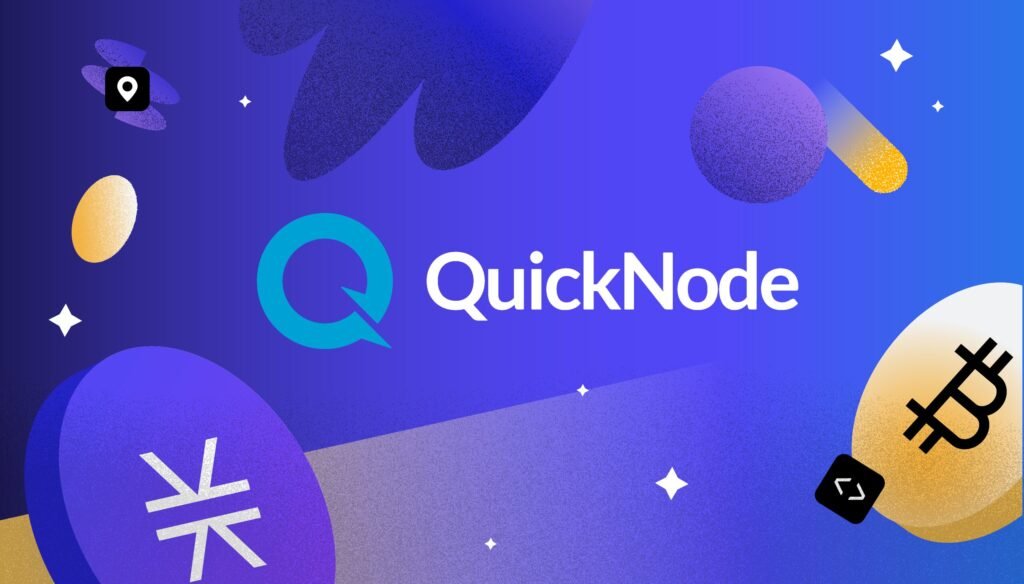
Source: Stacks Foundation
QuickNode offers developers fast access to Solana RPC, WebSocket, and REST endpoints, along with feature-rich add-ons like a dedicated NFT API. The real value lies in its modular infrastructure: developers can pick and deploy only the features they need.
Ideal for NFT marketplaces or bots needing real-time updates, QuickNode balances usability with enterprise-grade performance.
Jupiter Aggregator API: The Liquidity Backbone
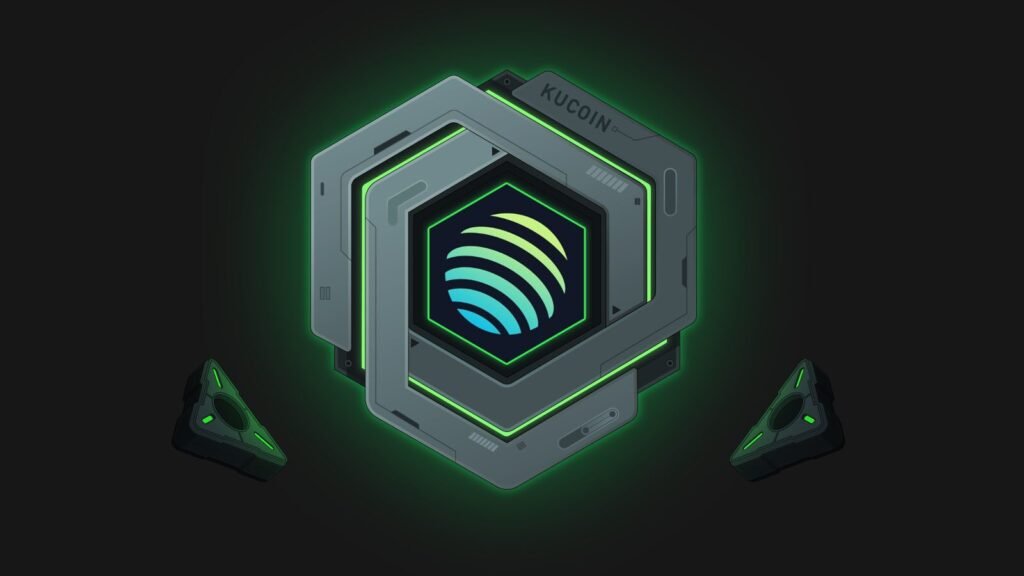
Source: KUCOIN
When it comes to Solana API options for trading and routing, Jupiter dominates. It aggregates liquidity across DEXs and returns optimal swap paths instantly.
Trading bots rely heavily on Jupiter for price discovery, slippage control, and arbitrage strategies. The API is simple, reactive, and laser-focused on token swaps—a niche it handles expertly.
Helius: Tailored for Solana Builders
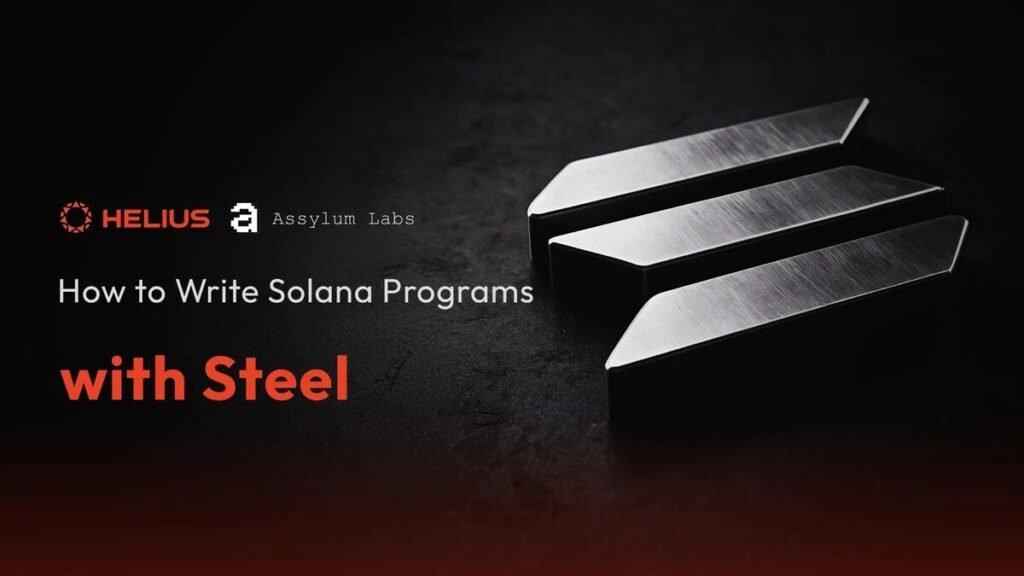
Source: HELIUS
Helius speaks Solana’s native language. Its APIs offer wallet history indexing, webhook alerts for on-chain events, and enriched transaction decoding.
What sets Helius apart is its focus on developer experience—tools feel intuitive and are designed to scale. For NFT projects, DAO monitoring, and Solana-native dApps, Helius is a go-to.
SolanaFM: Analytics and Indexing Under One Roof
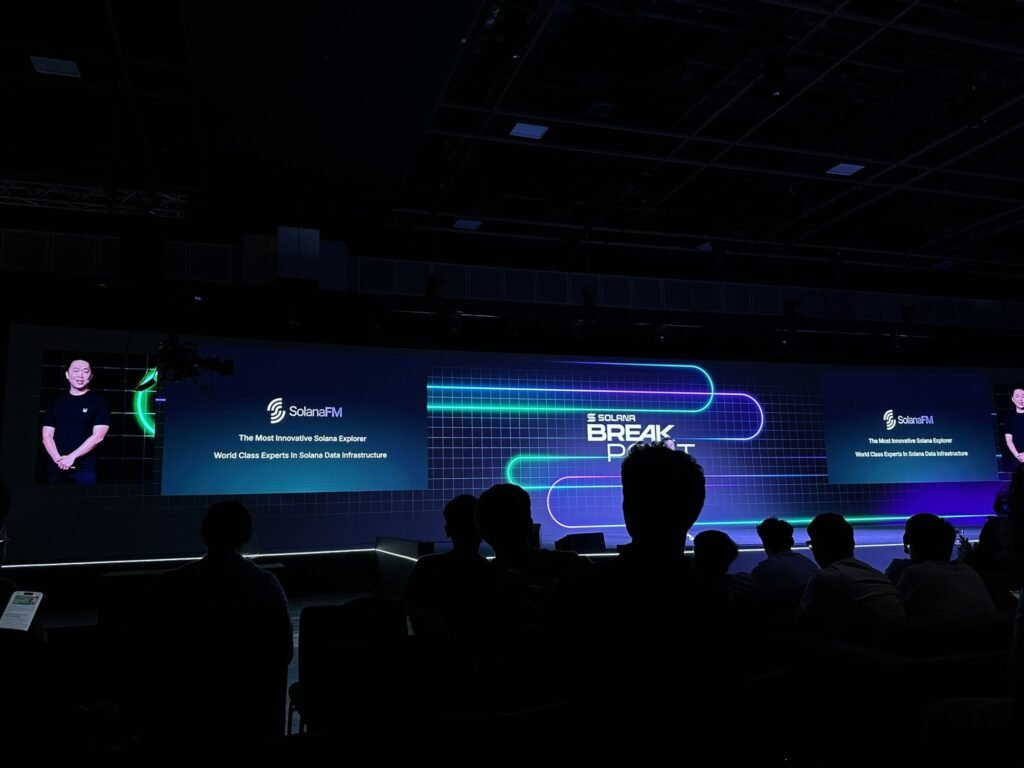
Source: X
SolanaFM offers both an explorer and API built for developers seeking more than surface-level data. Think DAO proposal tracking, token governance metrics, and visual data snapshots.
The visualization layer is helpful, but the real draw lies in how it handles custom indexing—vital for building in-depth dashboards or governance tooling.
Shyft: Compliance Infrastructure for Solana
While others focus on speed and data, Shyft stands apart by focusing on identity and regulation. Its API helps developers implement KYC/KYB and FATF-aligned services.
For projects in regulated industries or building under strict compliance, this API provides a legal safety net with integration-ready tools.
Triton One (Formerly Solana Beach): High Uptime RPC
Triton One powers projects that need high-availability Solana RPC with multi-region failover. It’s RPC done right—fast, reliable, and geographically distributed.
It’s especially helpful for trading dashboards or institutional-grade tools that can’t afford downtime or latency spikes.
Ankr: Decentralized Infrastructure Across Chains

Source: Binance Academy
Ankr brings decentralization to RPC infrastructure, offering Solana support with geo-optimized endpoints. Best for developers who need redundancy across multiple networks or fallback RPC.
NFT tooling and cross-chain applications benefit from its blend of decentralization and accessibility.
Comparison Table: At a Glance
| API Provider | Use Case Strength | Developer Tools | Special Features | Free Tier |
|---|---|---|---|---|
| Bitquery | Historical Analytics | GraphQL explorer | Deep DEX/NFT data | Yes |
| QuickNode | Real-time dApps | SDKs + RPC/WS | NFT plug-ins | Yes |
| Jupiter | Trading bots | Simple REST | Liquidity routing | Yes |
| Helius | On-chain events | Webhooks, indexing | Enriched tx data | Yes |
| SolanaFM | Analytics tools | Explorer + API | DAO/NFT metrics | Yes |
| Shyft | Compliance dApps | REST APIs | Identity/KYC | Limited |
| Triton | Trading platforms | Stable RPC | Load balancing | Yes |
| Ankr | Multi-chain support | Decentralized infra | Geo-RPC fallback | Yes |
Use Case Scenarios: Choosing the Right Stack
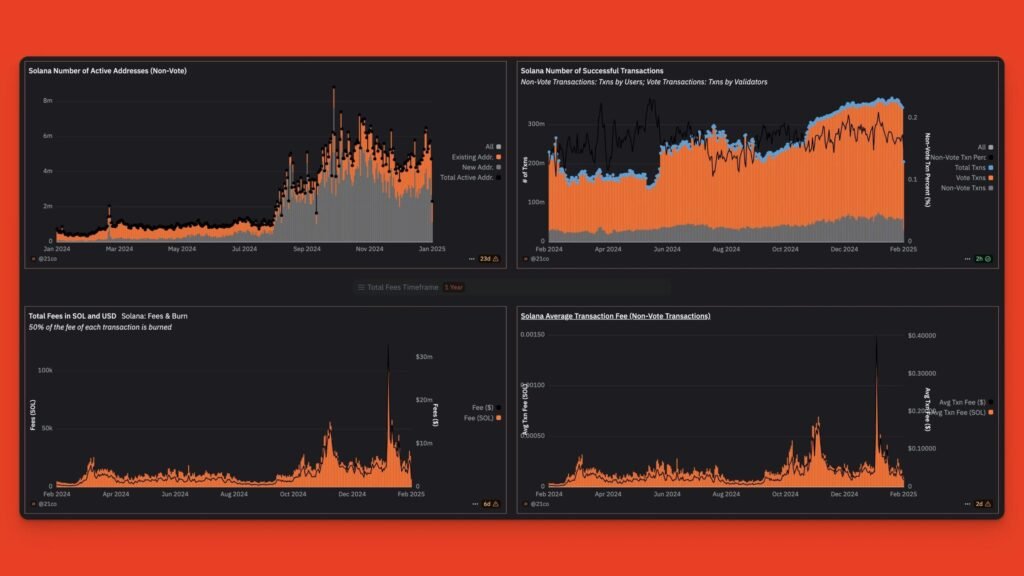
Source: HELIUS
- Trading Bots: Jupiter + QuickNode
- DEX Aggregation: Jupiter API for routing + Helius for monitoring
- NFT Dashboards: Helius + SolanaFM
- DAO Governance Tools: SolanaFM
- Compliance Needs: Shyft API
Each API serves a purpose. Mixing them lets developers create modular, scalable Solana-based applications.
Recommendations: API Combos That Work
Depending on your project’s nature:
- Best for trading apps: Jupiter (for routing) + QuickNode (for infrastructure)
- Best for NFT analysis: Helius (for indexing) + SolanaFM (for metadata)
- Best for querying historical data: Bitquery
- Best infrastructure support: QuickNode or Ankr
Conclusion: Solana API- Building Smart with the Top 10 Solana Blockchain APIs
In a rapidly evolving Web3 world, picking the right API stack can be the difference between scaling or stalling. These top 10 Solana blockchain APIs offer tailored solutions—whether you’re launching a DAO dashboard, running a trading bot, or building a compliant dApp.
Solana’s ecosystem is maturing fast, and these APIs are opening doors to smarter, faster, and more secure blockchain applications. Developers are encouraged to explore, test, and build based on the tools that align best with their long-term goals.




